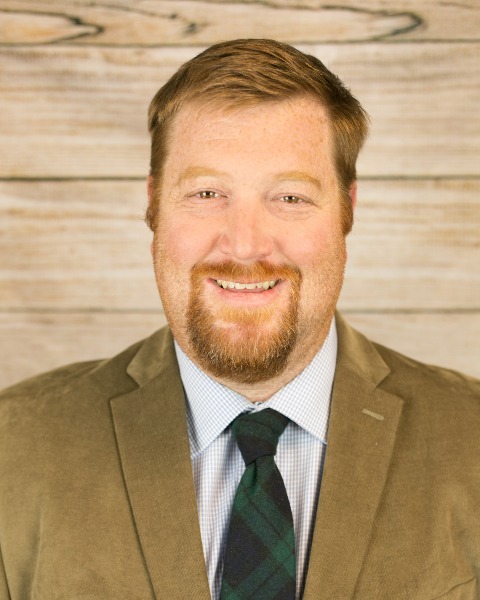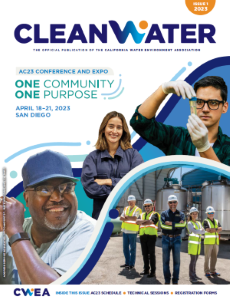Biosolids Drying Strategies
Data based Approach to Centrifuge Selection and Performance Guarantee Development
Thursday, April 20, 2023
10:30 AM - 11:00 AM PST

Jonathan Keaney
Pre-Construction Director
Walsh Construction
Concord, CA- MW
Mark Wilson
Senior Project Manager
Black and Veatch
Overland Park, Kansas
Main Presenter(s)
Presenter(s)
The City of San José/Santa Clara Regional Wastewater Facility (RWF) is in the midst of a major capital improvements plan including a significant upgrade to its biosolids treatment and disposal program. One key project is the design and construction of a new Digested Sludge Dewatering Facility. The current operations include lagoon stabilization and solar drying beds for dewatering digested biosolids. The new dewatering facility will reduce the time and footprint required for dewatering and loading of biosolids, and is expected to result in increased flexibility in disposal alternatives through hauling contracts. In addition, the RWF recently completed a project to update and improve the anaerobic digestion process through a temperature phased anaerobic digestion process
The dewatering project was executed as a progressive design build (PDB) project, the third project of this delivery type the City has implemented. The unique challenge presented to the proposing teams on the dewatering project was that the RWF had no historical data to rely on, and the TPAD process was not yet operational to provide a sample for dewaterability testing. The proposing teams were asked to identify how the performance guarantees for centrifuge dewatering performance and polymer usage would be established. The Walsh/Black and Veatch team recommended use of onsite pilot testing with candidate centrifuge manufactures to establish baseline dewatering performance on the conventional mesophilic digested sludge and calculate anticipated improvements in dewatering performance based on predicted changes in volatile solids content of the TPAD digested sludge. The Walsh/BV team worked collaboratively with the City and the centrifuge vendors to establish baseline and expected performance parameters leveraging the data collected during the onsite pilot testing to validate proposed performance guarantees. The team also implemented a best value selection process for the dewatering centrifuges and utilized the working relationships with the equipment manufacturers along with data collected during the pilot testing to confirm specified design criteria and prioritize non-economic selection parameters. The presentation will review the pilot test set up, the results, detail the methodology used to extrapolate the contractual performance guarantees, and document the selection process.
The dewatering project was executed as a progressive design build (PDB) project, the third project of this delivery type the City has implemented. The unique challenge presented to the proposing teams on the dewatering project was that the RWF had no historical data to rely on, and the TPAD process was not yet operational to provide a sample for dewaterability testing. The proposing teams were asked to identify how the performance guarantees for centrifuge dewatering performance and polymer usage would be established. The Walsh/Black and Veatch team recommended use of onsite pilot testing with candidate centrifuge manufactures to establish baseline dewatering performance on the conventional mesophilic digested sludge and calculate anticipated improvements in dewatering performance based on predicted changes in volatile solids content of the TPAD digested sludge. The Walsh/BV team worked collaboratively with the City and the centrifuge vendors to establish baseline and expected performance parameters leveraging the data collected during the onsite pilot testing to validate proposed performance guarantees. The team also implemented a best value selection process for the dewatering centrifuges and utilized the working relationships with the equipment manufacturers along with data collected during the pilot testing to confirm specified design criteria and prioritize non-economic selection parameters. The presentation will review the pilot test set up, the results, detail the methodology used to extrapolate the contractual performance guarantees, and document the selection process.
Learning Objectives:
- Understand the challenges of performance guarantees and allocation of risk
- Technical and logistical challenges and benefits of onsite pilot testing major process equipment.
- Application of pilot testing data for specified design criteria and performance requirements in a technical specification
- Benefits of best value equipment selection and collaborative engagement with vendors in progressive design build project.

